Bali authorities assure that the island remains calm and safe, even though there have been mass protests in other Indonesian cities in recent days.
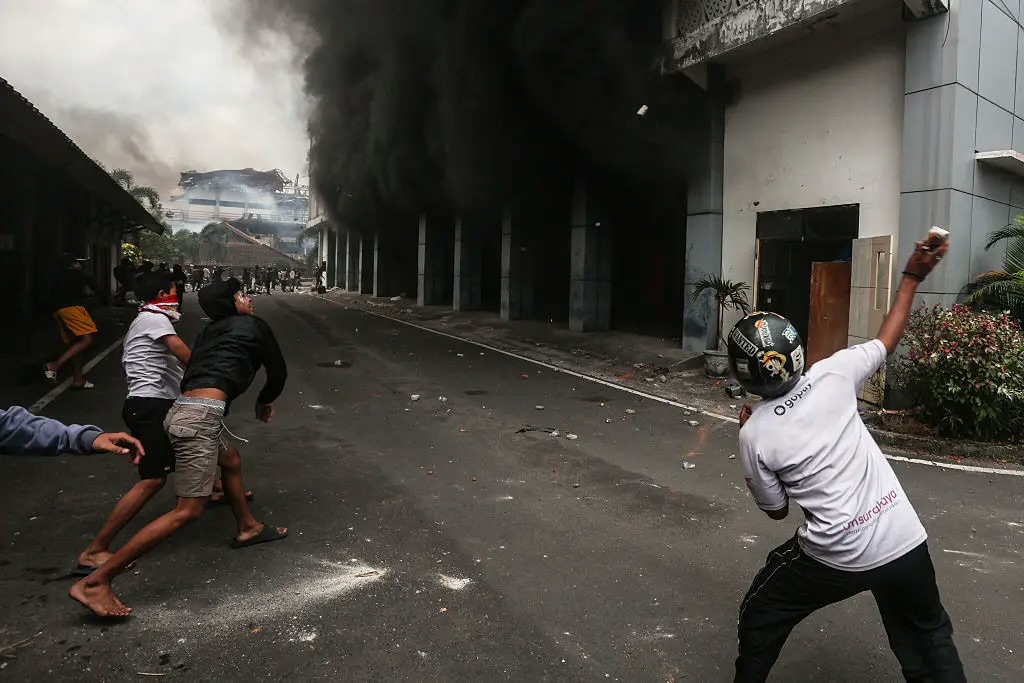
Bali's Head of Tourism Department, I Wayan Sumardjaya, noted that the tourism life on the island continues as usual: hotels are full, beaches are crowded, and tours are operating on schedule. "Activity in tourist spots goes on as usual, without any interruptions. Everyone understands how important Bali's reputation is, so events in central Denpasar have not affected the resort areas," he said.
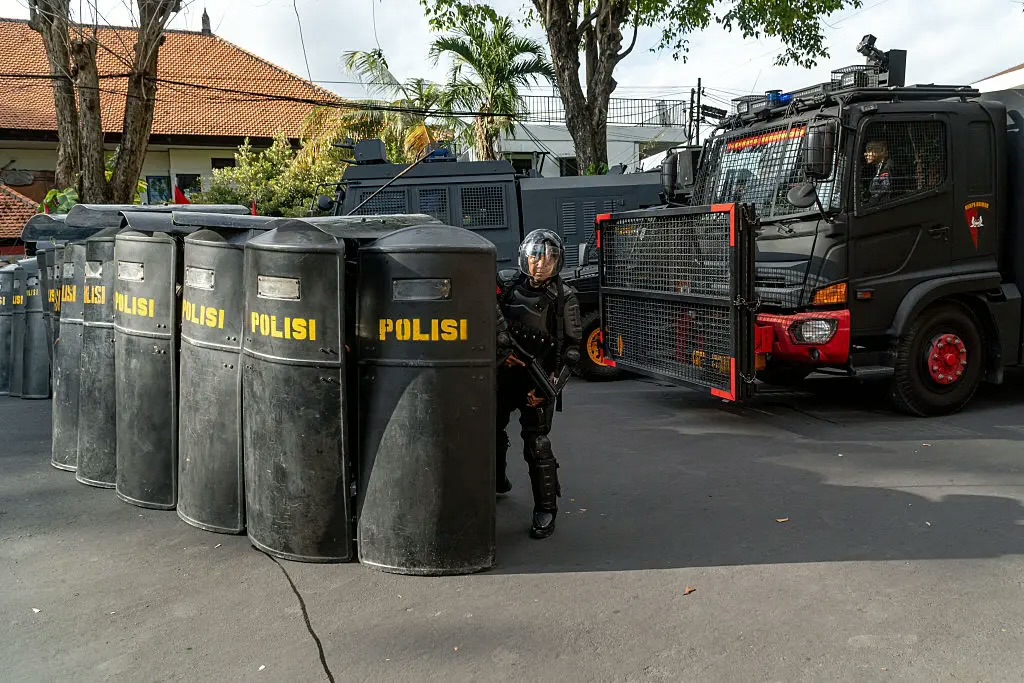
Even on the day of the protest at the police station in Denpasar, where students and motorbike taxi drivers attempted to express their dissatisfaction, the main tourist areas — Kuta, Seminyak, Ubud, and Nusa Dua — continued as usual. Traditional dance shows were held, parties took place in clubs, and tourists took pictures against the backdrop of temples and rice terraces.
"Protests directed at the government do not affect the stability and calm of tourism," explained Sumardjaya.
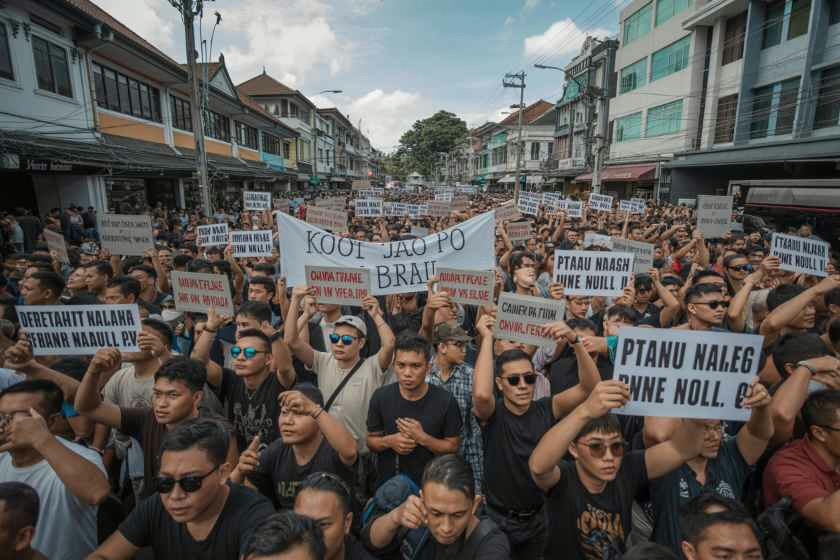
Authorities emphasize that this has been made possible through the close coordination of the police, government, and businesses. Hoteliers, transporters, and tour organizers are working as usual with special attention to guest safety. Police are patrolling the streets of popular resort areas routinely, without interfering with leisure.
According to official data, in July alone, the island welcomed nearly 700,000 foreign visitors, and since the beginning of the year, almost 4 million tourists in total. Despite political unrest in other regions of Indonesia, interest in Bali remains high. Many travelers learn about the protests only from the news and admit they haven't encountered any restrictions personally.
Nonetheless, foreign governments have reacted cautiously to the events in Indonesia. Australia, the USA, the UK, and Canada have issued warnings to their citizens about possible travel risks to the country. In Denpasar, this is understood, but they emphasize that the warnings are of a general nature and do not reflect the real situation in Bali.
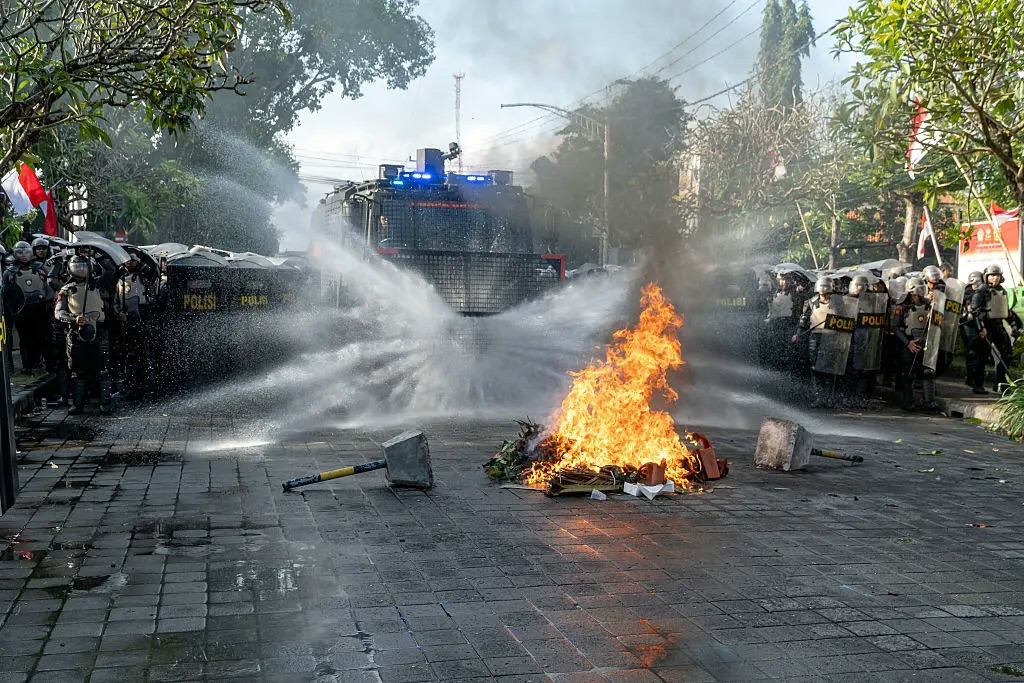
"We respect the decisions of other countries to take care of their citizens, but we hope these recommendations won't last long, as everything remains peaceful on the island," noted Sumardjaya.

Bali has faced challenges amidst national crises before. The island has weathered terrorist attacks, a pandemic, and political upheaval in the country, but each time, locals and the tourism business have swiftly restored calm.
Indonesia in Turmoil
Meanwhile, Indonesia is going through difficult days: protests in the largest cities have claimed 10 lives, several dozen people are missing, and hundreds of buildings have been set on fire or vandalized. It all started with a scandal over payments to parliamentarians, which escalated after the death of a young courier in Jakarta, who was hit by a police armored vehicle during a protest dispersal.
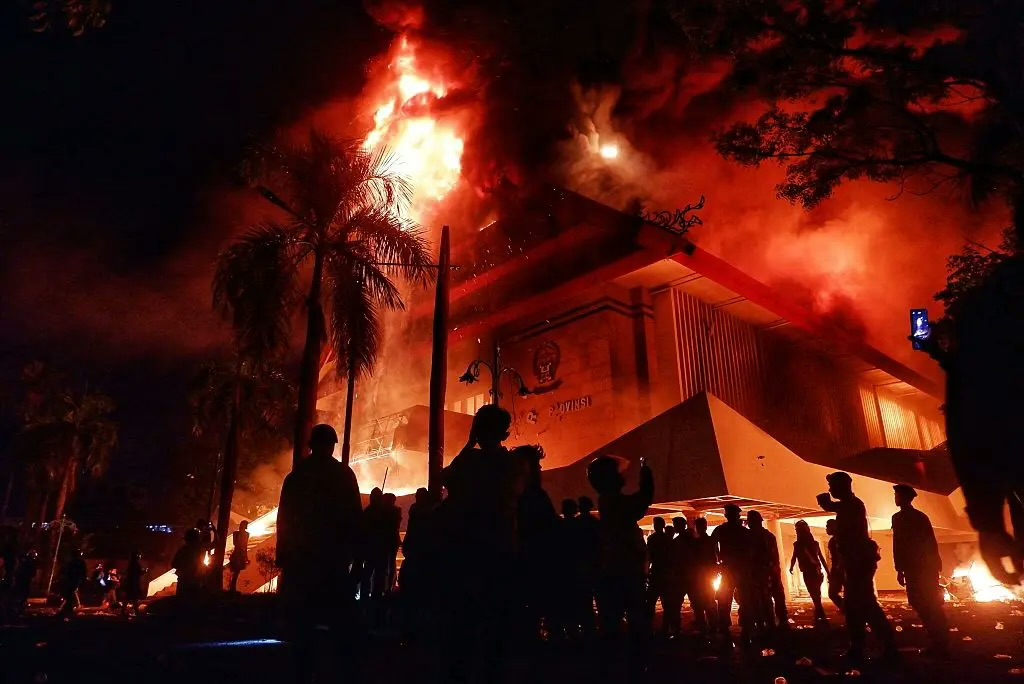
The protests, which have swept through the country's largest cities, pose a serious challenge to President Prabowo Subianto, who took office as head of the world’s fourth most populous country less than a year ago.
Across the country, protesters are setting government buildings on fire, police are using tear gas and water cannons, and in some places, there are thefts of politicians' homes and car burnings.
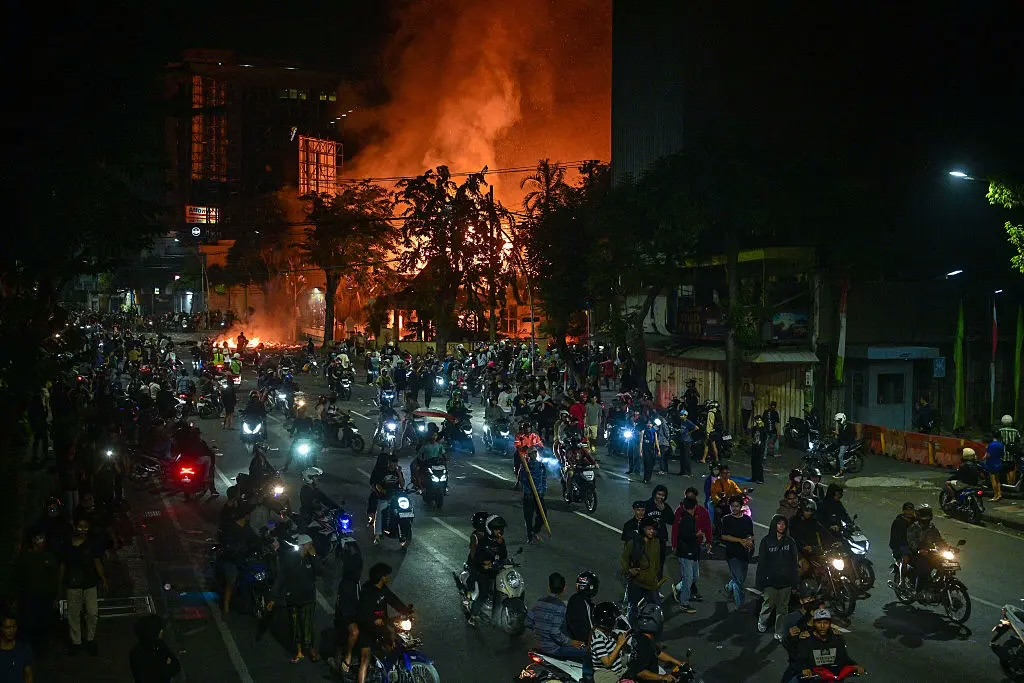
Due to the outbreak of violence, President Prabowo canceled a planned trip to China, and the embassies of the USA and several other countries issued warnings to their nationals. The popular social network TikTok, with over 100 million users in Indonesia, temporarily disabled the live streaming feature to maintain a "safe and civilized space."
When and Why the Protests Started
Dissatisfaction with Prabowo's policies has been building since he took office in October. As early as February, students and activists took to the streets against austerity measures. In summer, ahead of the 80th independence anniversary celebrations, protesters displayed pirate flags as a sign of disagreement with the authorities.
However, a new wave began on August 25, when it became known that all 580 parliamentarians receive a monthly housing allowance of 50 million rupiahs (approximately 3,000 USD) in addition to their salary. This is almost 10 times the minimum wage in Jakarta and more than 20 times higher than the minimum wage in the country's poorer regions.
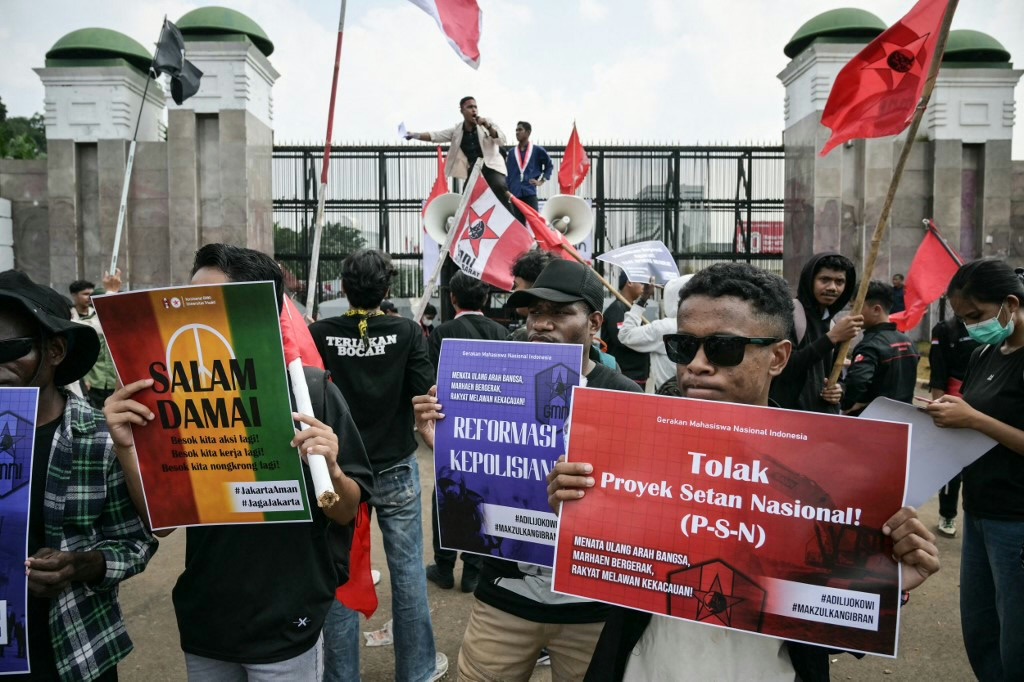
The situation escalated sharply after the death of 21-year-old courier Affan Kurniawan. The young man ended up under the wheels of a police armored vehicle during a protest dispersal in Jakarta. Despite apologies from the authorities, his death became a catalyst for further protests.
Where the Protests Are Happening
Demonstrations began in the capital but quickly spread to dozens of cities. In Denpasar (Bali), hundreds of people gathered at the police building, threw and set fire to trash on the street, and the police used tear gas.
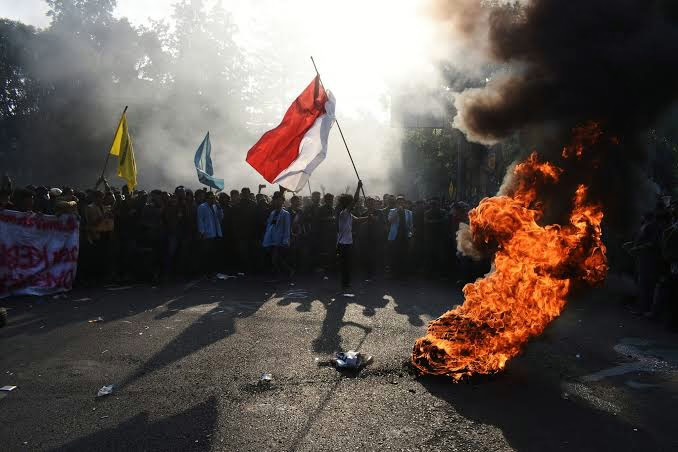
In Makassar (South Sulawesi), the crowd set fire to the regional parliament building, where three people died. In Yogyakarta, a student was found dead with bodily injuries — human rights activists claim he was beaten by security forces. In Cirebon, protesters destroyed a monument made from confiscated motorcycle silencers. In Surabaya and Solo, buildings were set on fire, and police facilities were attacked. Across Java and on Borneo and Sumatra, protests have been accompanied by arson and looting of politicians' homes.
Authorities' Reaction
President Prabowo, a former general dismissed in the 1990s for human rights violations, has instructed law enforcement agencies to act as harshly as possible. He stated that "some protest actions are already transitioning to illegal activities and even verge on uprising and terrorism."
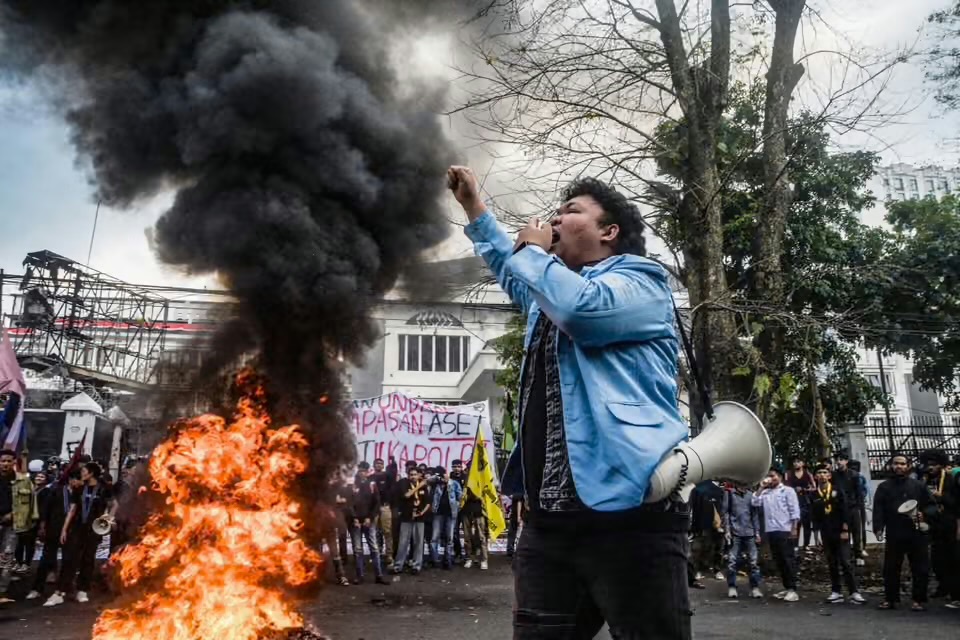
Police have set up roadblocks in Jakarta, initiated mass arrests, and announced a hunt for those involved in arson and looting. Over a thousand people have been arrested in just one week. Amnesty International declared that even journalists covering the protests have suffered from the violence.
The Indonesian Human Rights Commission has urged authorities to refrain from excessive force and to act in accordance with human rights principles. KontraS (The Commission for Disappearances and Victims of Violence) criticized the police for "arbitrary detention of minors" and for intentionally labeling protesters as "anarchists" to justify the use of force.
What Next?
Some student and women's organizations have paused protests, fearing further repression. However, analysts believe that the protest movement is unlikely to completely die down.
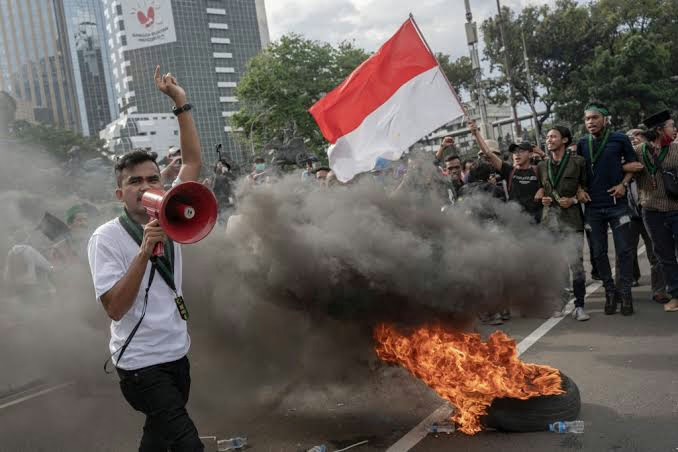
"It was predictable. We see accumulated dissatisfaction with the elite making decisions in their favor without considering the people," noted political scientist Ambang Priyonggo.
Experts say the issue is not only in the parliamentarians' excessive payments but in the general distrust of the authorities and the feeling that politicians are disconnected from the problems of ordinary people. This could lead to new outbursts of discontent if genuine reforms do not follow.
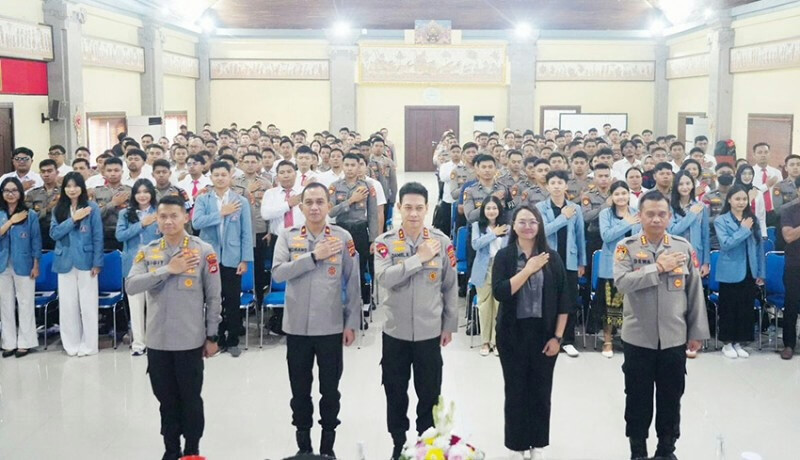
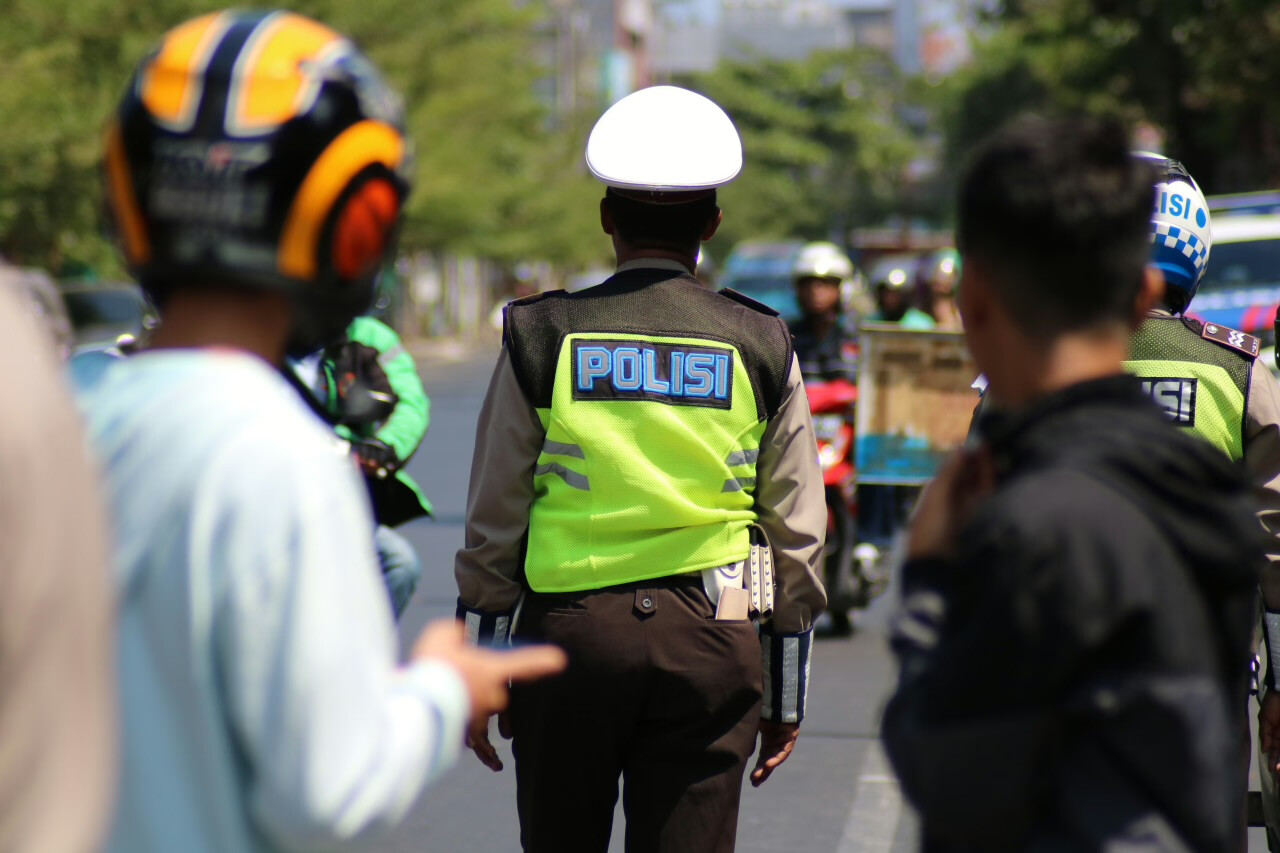
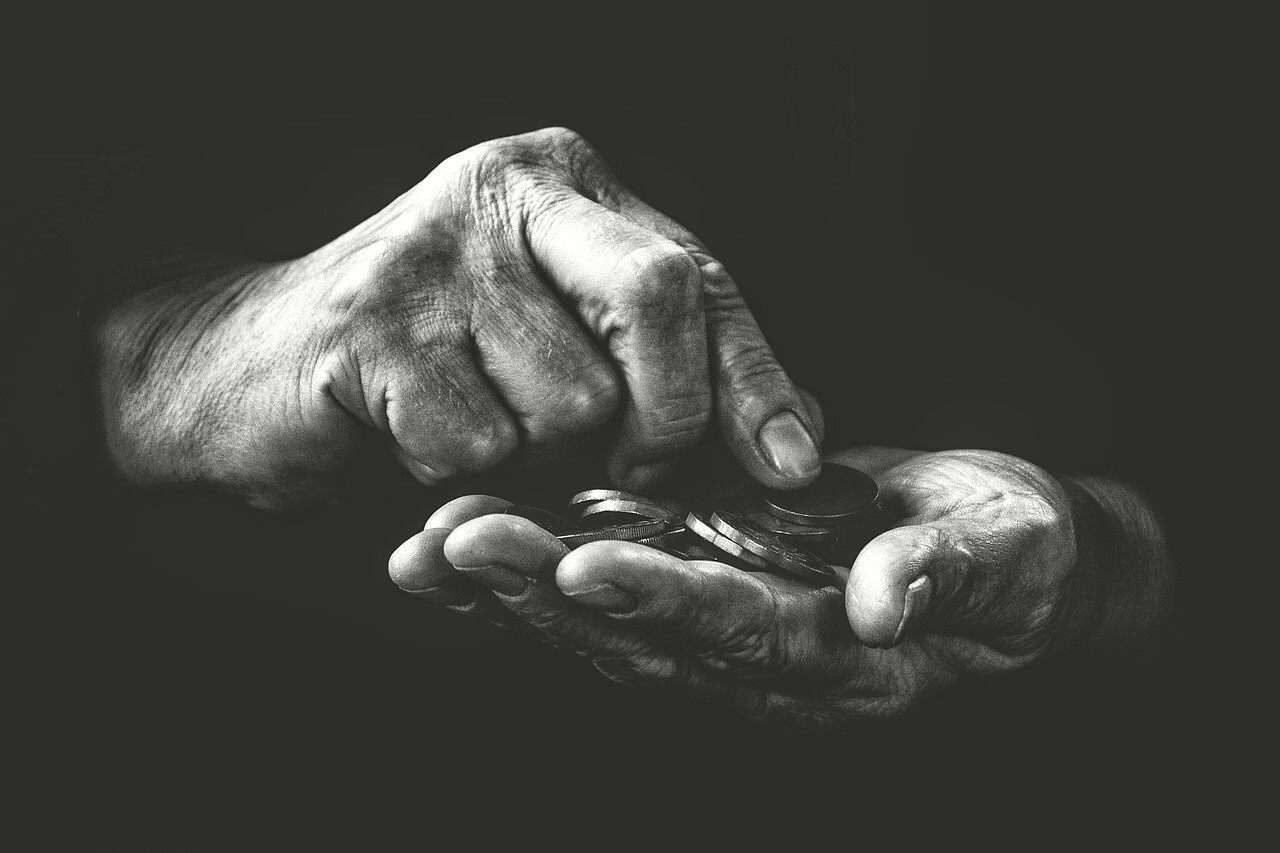
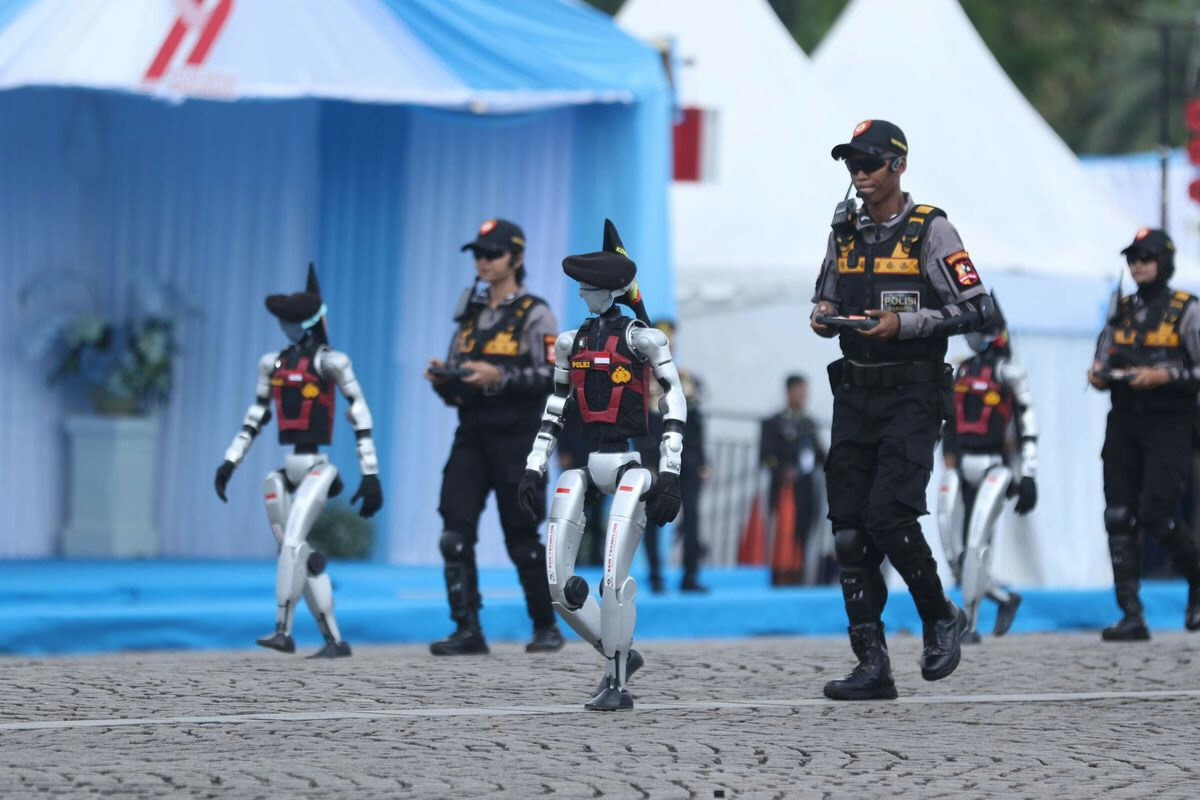
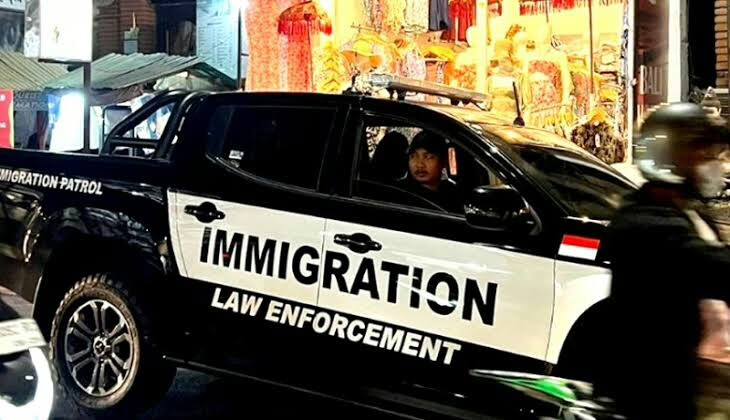
You can add one right now!